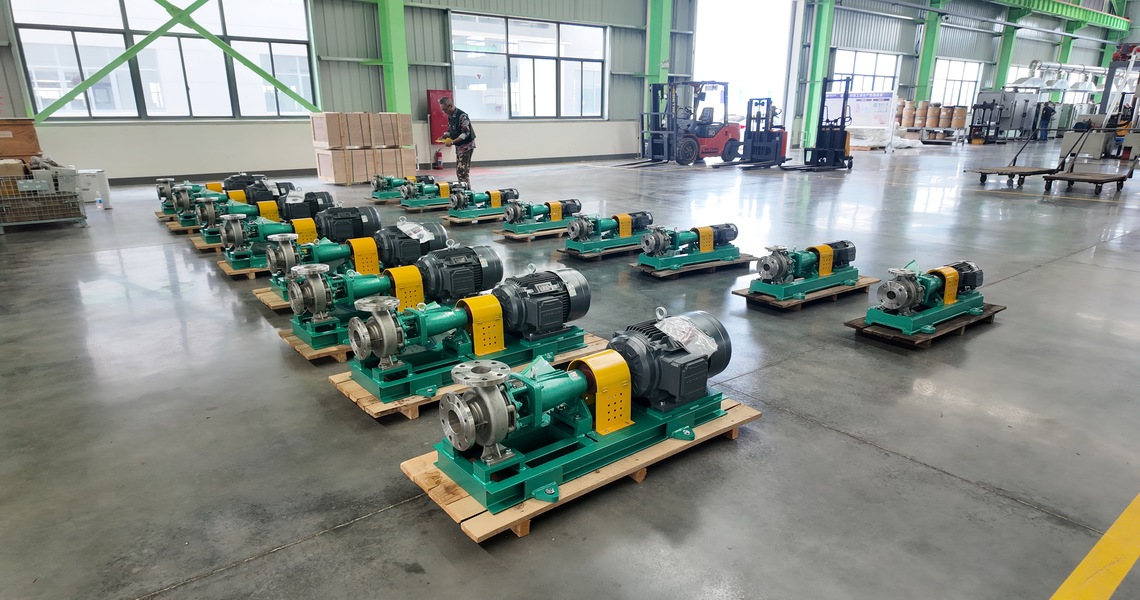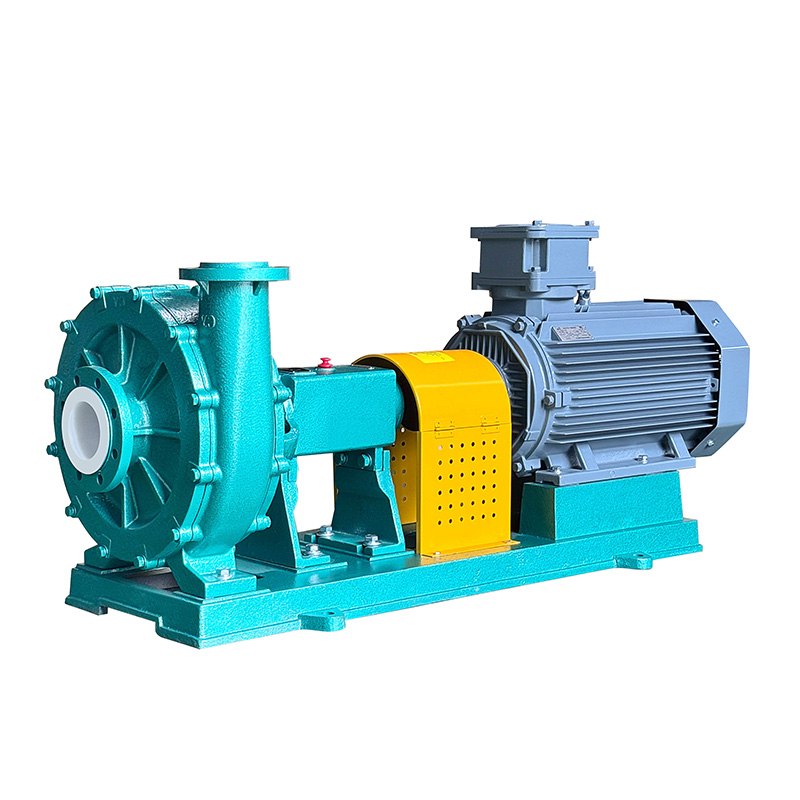Oct 30, 2024
A slurry pump is a centrifugal pump widely used for transporting liquid mixtures containing solid particles (i.e., slurry).
Working principle: It relies on the rotating impeller to do work on the liquid, enabling the liquid to obtain energy and thus realizing the transportation of slurry. When the impeller rotates, the liquid between the blades is thrown out under the action of centrifugal force, and a low - pressure area is formed at the center of the impeller, so that new slurry is continuously sucked in, and then the slurry is continuously transported to the destination. For example, during the ore - dressing process in a mine, the ore pulp is sucked into the slurry pump and then transported to the next process through the rotation of the impeller.
Structural features:
Impeller: It is a key component of the slurry pump, and it has various design forms to adapt to different working conditions. Common ones include closed - type, semi - open - type and open - type impellers. The closed - type impeller has high efficiency and is suitable for transporting relatively clean slurry with small and uniform particles; the semi - open - type impeller can handle slurry with certain particle size and concentration; the open - type impeller can cope with large - particle and high - concentration slurry, but its efficiency is relatively low.
Pump casing: It is usually in the shape of a volute. Its function is to collect the liquid thrown out from the impeller and gradually convert the kinetic energy of the liquid into pressure energy, so that the slurry can be transported under a certain pressure.
Shaft sealing device: It is used to prevent slurry leakage and air from entering the pump. Common shaft sealing methods include packing seal and mechanical seal. The packing seal has a simple structure, but the sealing effect is relatively poor, and there may be a small amount of leakage; the mechanical seal has better performance, can effectively reduce leakage, but has a higher cost and more stringent requirements for installation and maintenance.
Application fields:
Mining industry: It is used to transport ore pulp in the ore - dressing process, including various metal and non - metal ore dressing plants, such as copper mines, gold mines, iron mines, coal mines, etc. For example, during the copper ore dressing process, the ore pulp containing copper ore particles is transported from the grinding mill to the flotation machine or other ore - dressing equipment.
Metallurgical industry: In metallurgical production, it is used to handle slurry containing solid particles such as waste slag and tailings. For example, the discharge and transportation of blast furnace slag in an iron and steel plant during iron making.
Power industry: It is used to transport fly - ash slurry in thermal power plants, etc., transporting the burned fly - ash slag to storage or treatment sites.
Coal industry: In the coal washing process, it is used to transport coal - slurry water, etc., realizing the separation of coal and impurities and subsequent processing.
Read More

